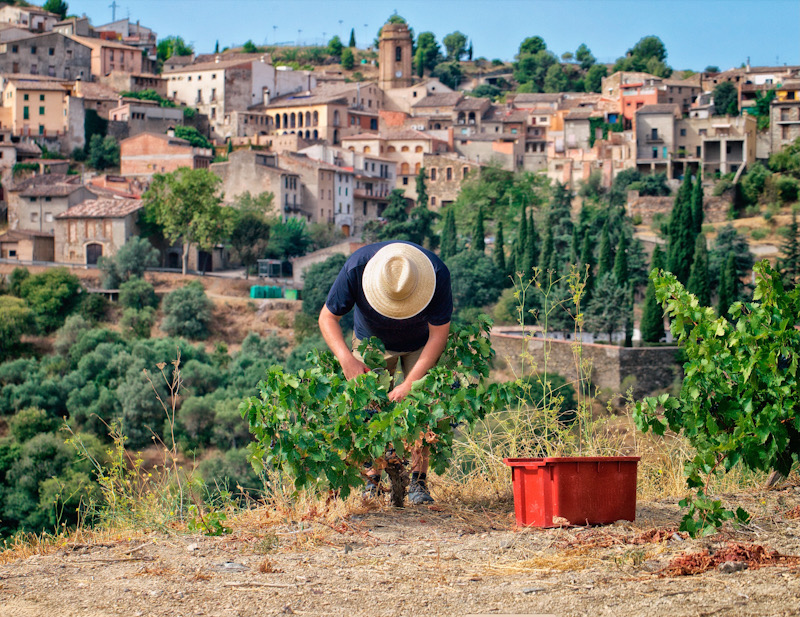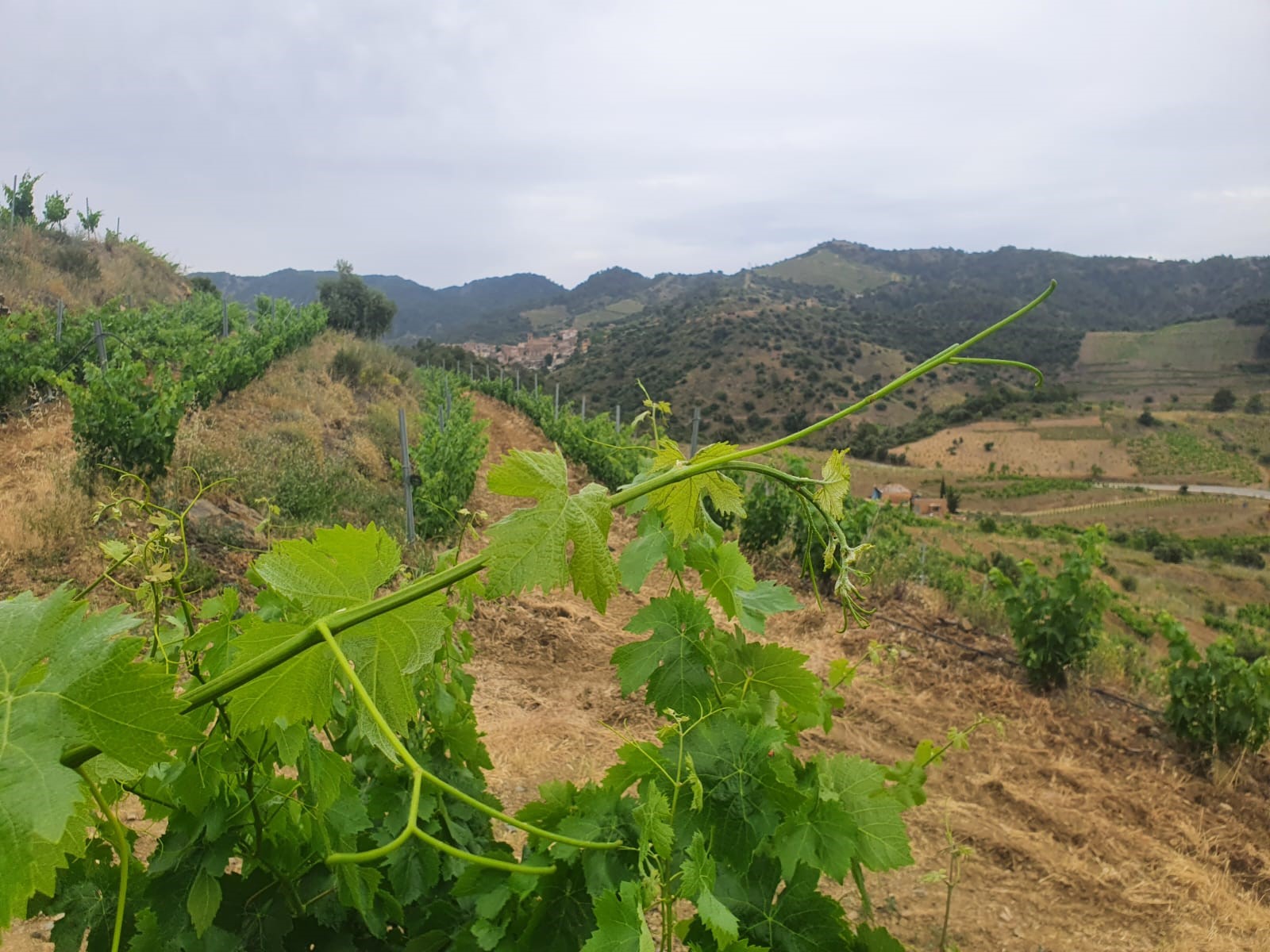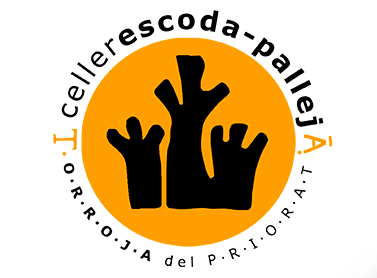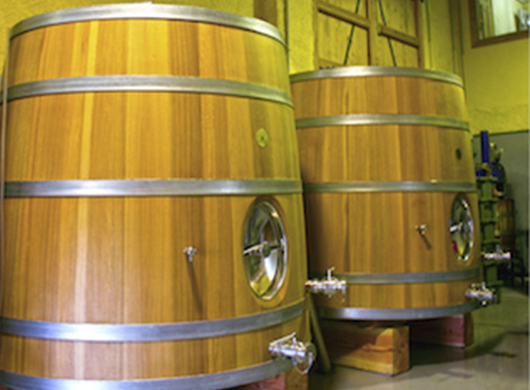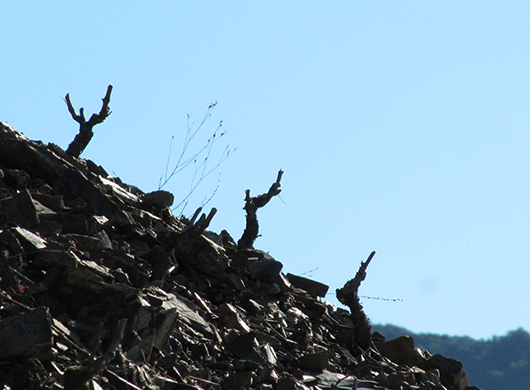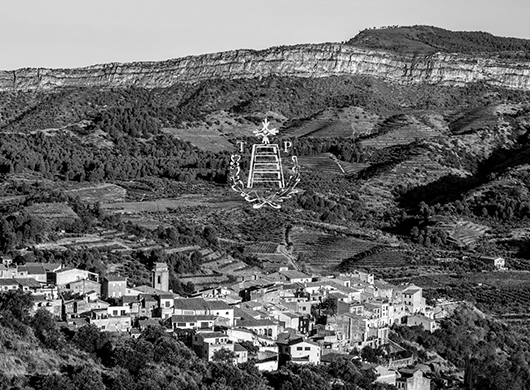
Location
The village is located on a slope of a mountain, facing north-east, around what may have been an old watchtower known as “Torre Roja” (Red Tower), from which the village, most provable, got its name. Both the area and village are located centrally within DOQ Priorat.
River Siurana goes through the municipality, leaving the flattest land of the entire DOQ on its right side, an area that has developed, up until these days, some beautiful vegetable gardens.
Altitude: 332m Area: 13.20m2. Population: 153 people
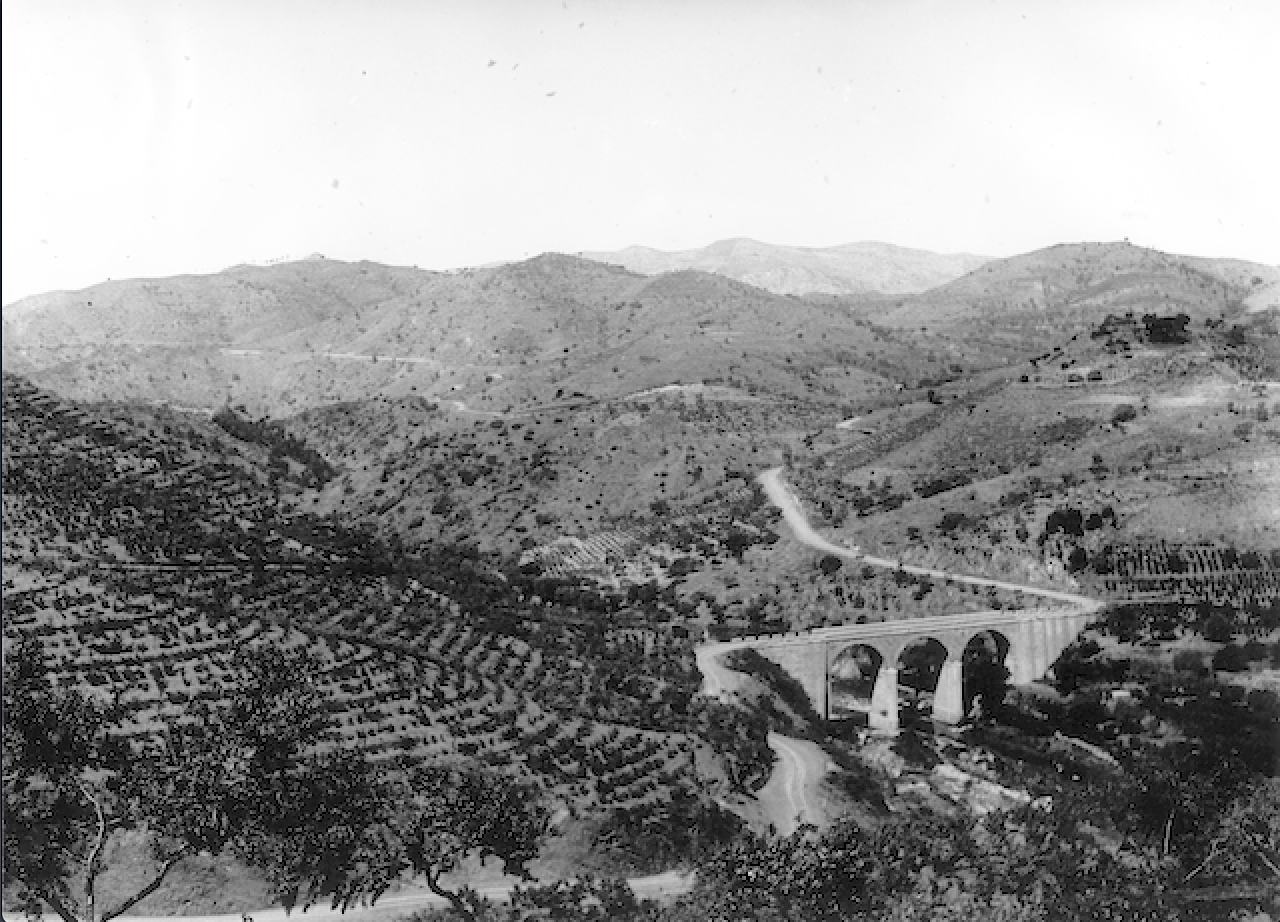
History
The village was part of the Scala Dei priory from the very beginning. The charter is from 1261, given by the monastery to “30 settlers of the Torroja farm”. For Carthusians, the municipality of Torroja was an important expansion point due to its centrality and proximity to the monastery. Important repopulation actions were carried out, one of them in Molí Bardina, as well as many others. The Carthusian order is present, due to the collection of the tithe, in one of the most important farms in the area: Mas d’en Bruno. The village has always been related to vine growing, which provided high incomes, something that can be seen in the large existing farms that once belonged to wealthy local families
Festivals and customs
The local festivity is due on Sant Miquel’s day, on 29 September. The most important cultural event in Torroja though is Jocs Florals (Floral Games), which is due every year, since 1978, on the second Sunday of May, with the collaboration of prominent poets from Països Catalans. Coinciding with Fira del Vi in Falset, in early May, the village hosts an exhibit and tasting of local wines in Cal Compte. Then, on the third weekend of August, the village hosts Nit de Vins, an exhibit and tasting of Torroja wines due at the local swimming pool.
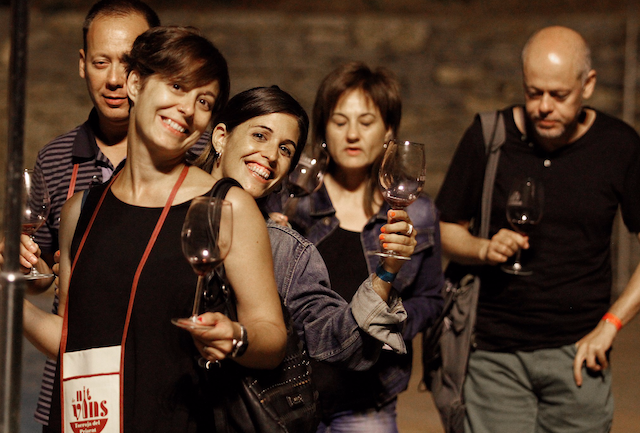
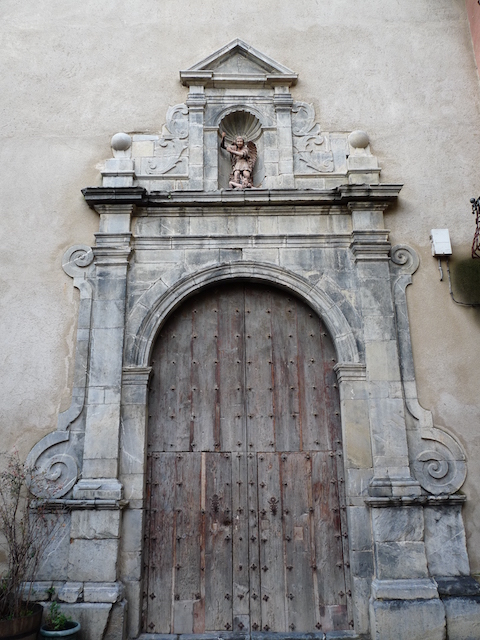
Places of interest
The parochial church of Sant Miquel hosts, as its main piece, a French Romantic organ with Catalan elements, built around 1800 by the French citizen Joan Pere Cavailler. Carrer Major street still shows its manor characteristics, thanks to large houses that were built in the past, which again explains the wealthy period wine production brought. All these houses had a farm built right at their fields, but are in ruins today. The village still has some original cobbled streets, and many have already been restored in order to keep this historical charm. The playground area of Font Vella, a place that worked as a social meeting point ─even for people from nearby villages─ also deserves mention.


